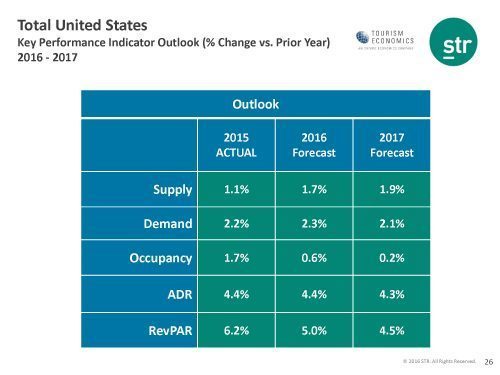11 January 2016
Click here for the latest articles on Data Technology, Privacy & Security.
What part do hotel owners play in preventing a cyberattack and the resulting data breach? The hospitality industry relies on its reputation for confidence, and that confidence can be shattered when guests learn that their private information has been compromised. What can hotel owners do and how should they work with brands and management to prevent a cyberattack?
In the article below, my partner, Bob Braun reminds hotel owners that because they are generally required to indemnify brands and managers for costs the managers and brands incur – which could include a costly data breach – it is in the owners’ best interests to have a comprehensive plan in place. This article first appeared in Hotel Business Review in December 2015, and is reprinted with permission from www.hotelexecutive.com.
Not Just Heads in Beds – Cybersecurity for Hotel Owners
by
Bob Braun, Hotel Lawyer and Data Security Advisor
The basics of the hotel business have traditionally been simple: good location, fair prices, appropriate amenities and good service were the keys to success. While those factors are important today, hotels are no longer simply a “heads in beds” business; hotels are increasingly brand-oriented. Brands focus not only on the services and products they sell, but on developing the perception and recognition of the brand associated with those goods and services. That means that hotels, like all brands, need to focus more and more on understanding their customers and how to reach them, whether through loyalty programs, advertising, social media or otherwise.
The upshot of the focus on branding in the hospitality business is that hotels gather lots of information about their guests, ranging from credit card data to addresses, phone numbers, travel plans and preferences, birthdays, and more – all of which are valuable not just to the hotel brands and operators, but to cyberthieves. While hotel companies have understood this for years, they are, along with other customer-intensive industries, learning that collecting that information comes with responsibilities and, possibly, liability.
Cybercrime is big business. In 2014, there were 42.8 million detected security incidents (and, most likely, many more that were never discovered). Estimates of annual cost of cybercrime to the global economy ranges from $375 billion to as much as $575 billion as companies face increased vulnerability, ranging from greater technology available to cybercriminals and new types of cybercrime, like crypto-ransom. Cybercriminals began targeting hotels years ago. In a 2010, a Forbes magazine article quoted Nicholas Percoco, who said that “The hospitality industry was the flavor of the year for cybercrime. These companies have a lot of data, there are easy ways in and the intrusions can take a very long time to detect.” The lesson for hotel owners is that they cannot stand idly by – hotel owners must be proactive by instituting best practices in their own operations, requiring the same from managers, and obtaining insurance coverage to fund the inevitable costs of a breach.
The Wyndham Case
The threat to the hospitality industry became particularly evident in the recent federal court case brought by the Federal Trade Commission (the FTC) against Wyndham Hotels. On August 24, 2015, the Third Circuit United States Court of Appeals issued its ruling in the case FTC v. Wyndham Worldwide Corporation. The case was highly anticipated by the data security community generally for its expected ruling on the authority of the Federal Trade Commission to regulate data security standards, but nowhere was the anticipation more keen than in the hospitality industry. After all, this decision didn’t deal with retailers, banks or dating sites – it addressed a major hotel player and, by implication, all operators, brands and owners in the industry. The decision should be a wake-up call to hotel owners because, as described below, hotel owners may ultimately bear the cost of data breaches involving their hotels. Owners should look at the Wyndham decision as an opportunity to consider whether their brands and managers have taken the steps necessary to protect guests and, ultimately, the hotel owner.
CONTINUE READING →




